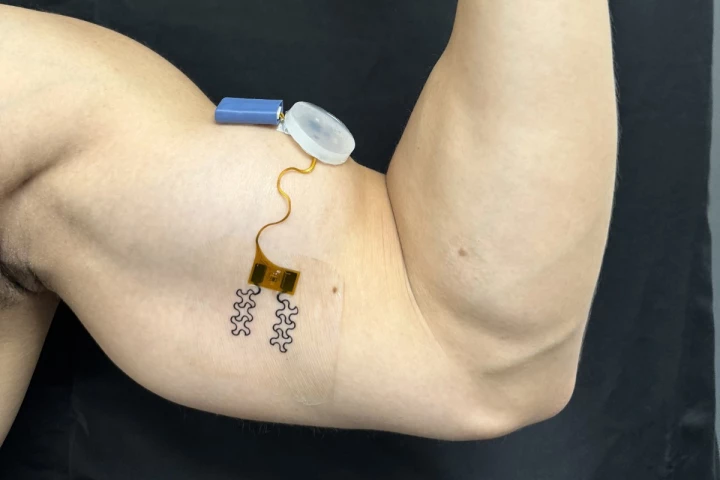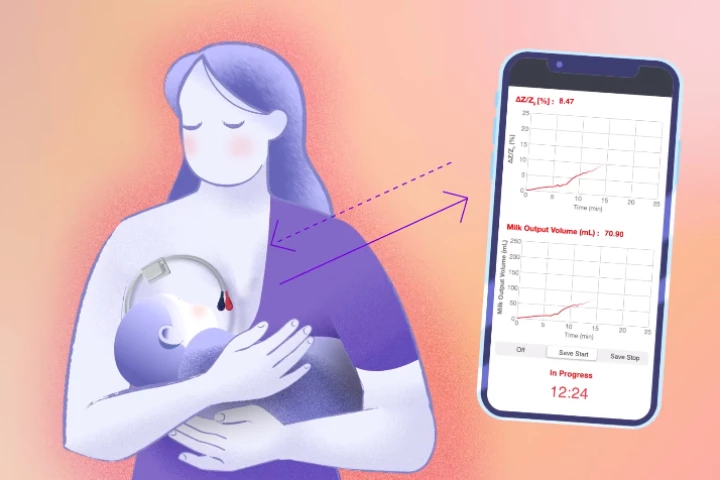wearable electronics
-
Rugged tech is a rapidly growing market, with outdoor users eager for everyday devices built to survive real-world punishment. Here, the new Oukitel RT10 Rugged Tablet delivers solid performance and supreme battery life – for less than $500.
-
The mobile entertainment industry has a tendency to make devices lighter and more immersive, blurring the line between everyday life and virtual reality. Xynavo AR glasses offer a glimpse of what the future of portable entertainment may look like, and they are currently available for backing on Kickstarter.
-
Scientists have built an artificial neuron that’s so realistic it fires, learns, and responds to chemical signals just like the real thing – a breakthrough that could transform computing, medicine, and the way that tech merges with biology.
-
Motors have been added to bikes, skateboards and kayaks … so how about just slapping a couple to your legs? That's what the Z1 knee exoskeleton does, offering a 50% boost in the wearer's calf and thigh strength while reducing knee pressure by 200%.
-
Much like the low-fluid warning light in a car, a new wearable sensor linked to a smartphone app is set to alert people when their hydration levels are dangerously low. The device could be a big help to athletes, first responders, and many others.
-
While many parents extol the virtues of breastfeeding, it can be hard to tell how much milk a breastfeeding infant is consuming. A new wearable device addresses that problem, using an electrical current to gauge milk intake in real time.
-
Hyundai Motor Company and Kia Corporation have teamed up to create the "X-ble Shoulder," a wearable robot designed to enhance industrial efficiency and reduce musculoskeletal injuries and fatigue.
-
A new soft harness system out of the Technical University of Munich works like a pair of shorts to reduce the exertion needed to walk or jog by up to 18%. The system is easy to put on and take off and holds promise for helping anyone get more mobile.
-
In a crowd, background noise can make it hard to hear people talking. But soon we could be wearing headphones that use AI to filter out noise that’s more than a few feet away, creating a “sound bubble” that lets you focus on your own conversation.
-
As we're increasingly plugged-in to a 24/7 cycle of news, entertainment and social media, it is becoming harder to find time to switch off to practice self-care. This smart device, with the help of AI, aims to get any brain on the right track.
-
As the daylight hours shrink and temperatures drop, it's easy to spend more time indoors. But new research has shown that by self-monitoring time out in the sunshine – also linked to physical activity – can help treat seasonal mood disorder symptoms.
-
A new set of 'powered pants' can boost your leg strength as much as 40%, or make you feel around 30 lb (14 kg) lighter, according to Google X Labs spinout Skip. This 'mountain goat' exoskeleton aims to eliminate physical barriers to outdoor hiking.
Load More











